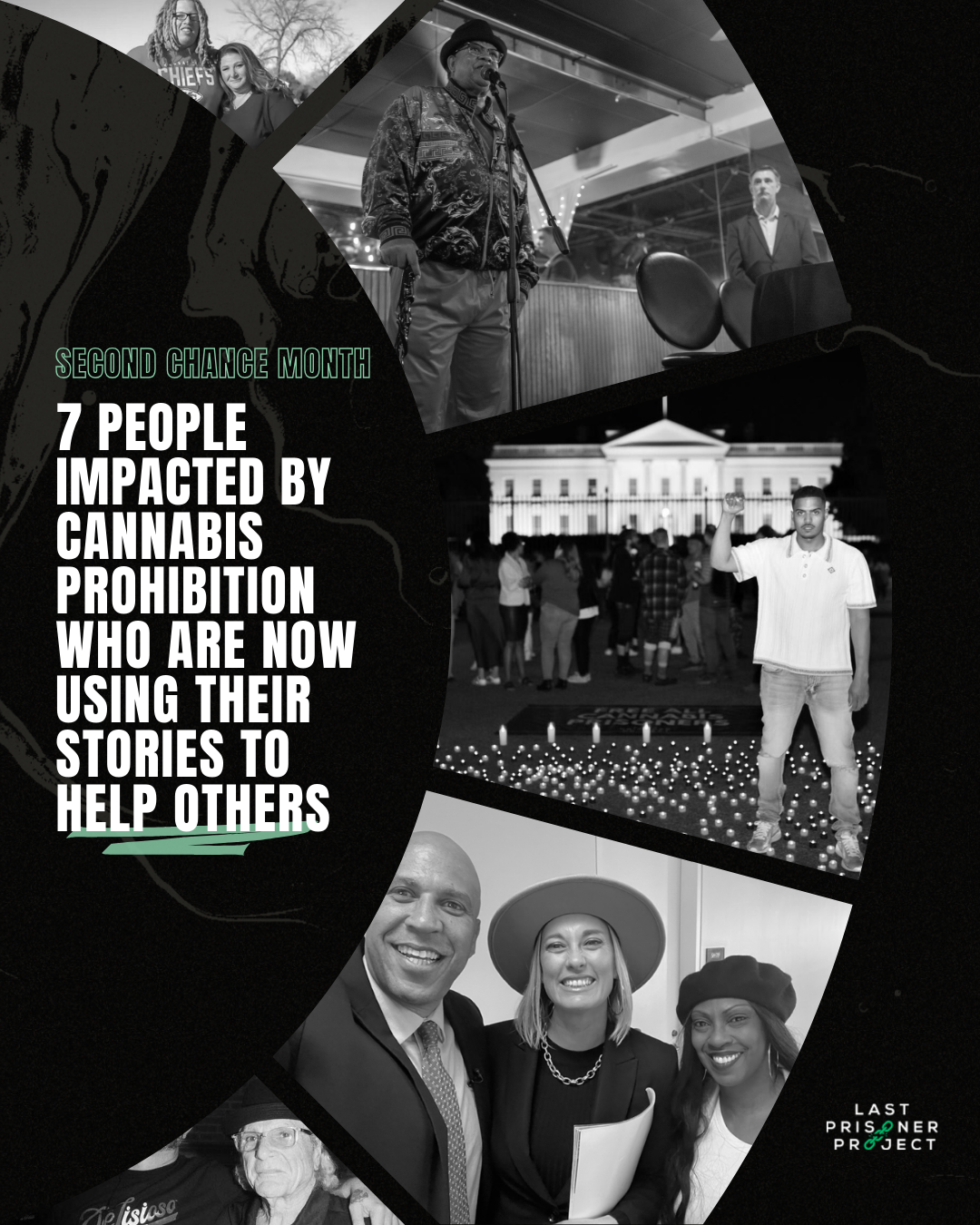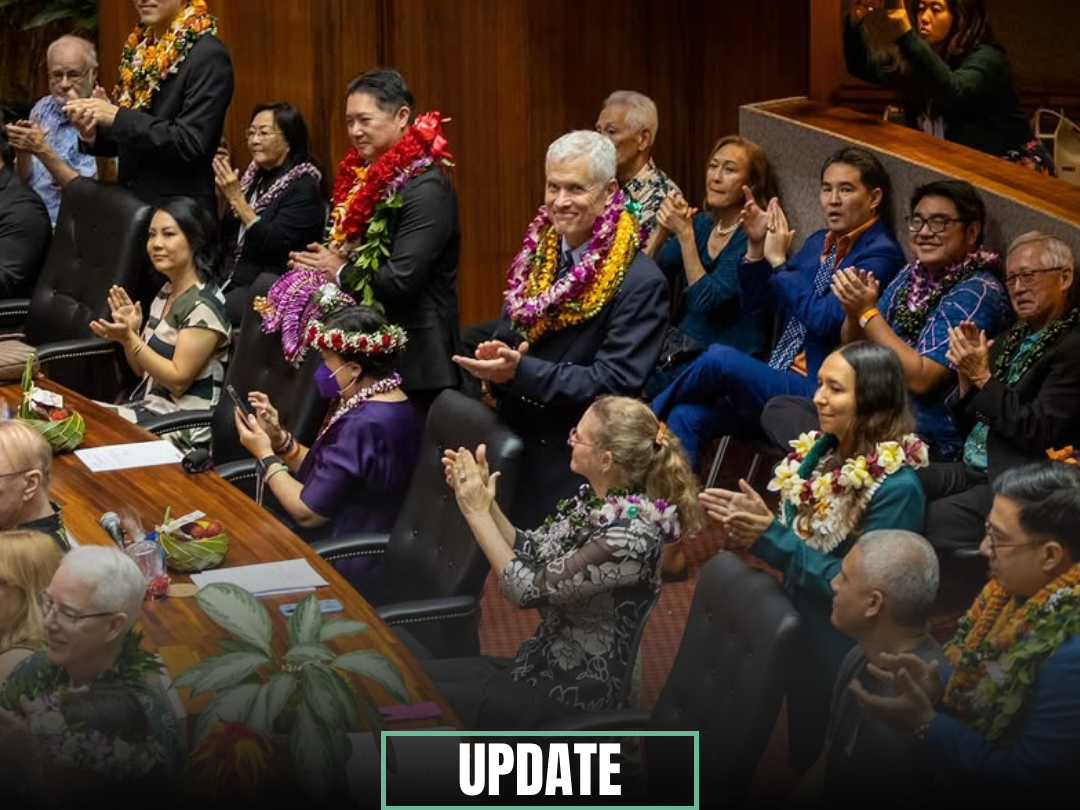Dannye McIntosh Released After Serving 18 Years of a 30-Year Cannabis Sentence, Setting Legal Precedent
Dannye McIntosh has been released from prison after serving 18 years of a 30-year sentence for a nonviolent marijuana trafficking conspiracy. This isn't just a victory for Dannye and his loved ones—it's a monumental achievement for all who believe in fairness and the power of redemption. His case has set a groundbreaking legal precedent by confirming that the new U.S. Sentencing Commission (USSC) guidelines can be applied retroactively, paving the way for the resentencing of countless individuals serving excessive sentences for cannabis-related offenses.
Dannye McIntosh began his sentence in 2006, at a time when the "War on Drugs" was still driving harsh penalties and the "Three Strikes Out Law" led to overly punitive sentences for nonviolent offenders. Sentenced to 360 months (30 years) in federal prison, Dannye’s story is one of resilience, growth, and hope despite the devastating toll of these outdated laws.
Throughout his 18 years of incarceration, Dannye made a conscious decision to transform his life. He completed over 50 classes and amassed more than 20 program certificates, demonstrating a commitment to self-improvement and rehabilitation. Notably, he passed a barber’s apprenticeship and has been working as a barber within his facility, honing his craft with a dream of one day returning to his community and continuing his family's legacy in the hairdressing and barbering industry.
Dannye's case is not just significant because of his personal journey—it's groundbreaking because it challenged long-standing legal interpretations. The legal team behind Dannye’s appeal argued that the USSC's new sentencing guidelines, specifically the provision under 1B1.10(b)(5), could be applied retroactively, a position that had never been successfully argued before in this context. The court’s decision to apply these guidelines retroactively represents a shift, affirming that changes in cannabis laws can indeed serve as valid arguments for resentencing.
This decision sets an invaluable precedent. For too long, individuals like Dannye have been caught in the web of excessively harsh sentences that didn’t account for the evolving perspectives on cannabis. With this ruling, there is now a clear pathway for other individuals who are eligible for resentencing under the new guidelines.
As he prepares to reenter society, Dannye plans to train as a professional barber to educate youth, providing them with guidance and opportunities that he wishes he had. He is committed to earning his state barber’s license and working as an apprentice, determined to rebuild his life and give back to his community.
Thank you to everyone who has supported Dannye, especially Liz Budnitz at the National Association of Criminal Defence Lawyers (NACDL) who submitted the legal work for Dannye's release.
In addition to commissary assistance, letters of support, and advocacy, LPP will continue to support Dannye as he returns to his community.



The Last Prisoner Project. All rights reserved.
Last Prisoner Project is a 501(c)(3) tax-exempt organization with EIN 83-4502829. Mailing address: 1312 17th St #640 Denver, CO 80202. Our governing documents and conflicts of interest policy can be found here. Our Privacy Policy can be found here.
Website built on KUSHY



